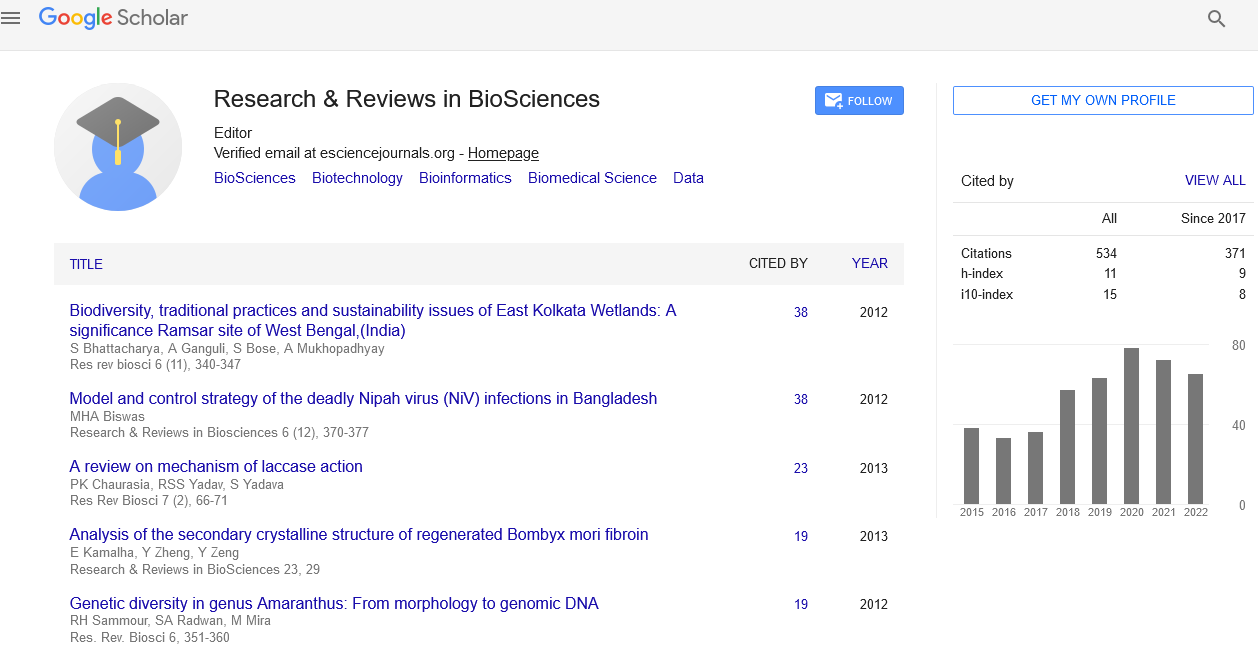Hyperkalemia
High potassium (called “hyperkalemia”) is a medical problem in which you have too much potassium in your blood. Your body needs potassium. It is an important nutrient that is found in many of the foods you eat. Potassium helps your nerves and muscles, including your heart, work the right way. But too much potassium in your blood can be dangerous. It can cause serious heart problems. Hyperkalemia can happen if your kidneys don’t work properly and cannot remove potassium from your body or if you take certain medicines. Kidney disease is the most common cause of hyperkalemia. Your kidneys help control the balance of potassium in your body. If they don’t work well, they can’t filter extra potassium from the blood or remove it from the body. A hormone called aldosterone tells the kidneys when to remove potassium. Diseases that lower the production of this hormone, such as Addison's disease, can lead to hyperkalemia. Too much potassium in the diet can also contribute to higher levels in your blood, if your kidneys don’t work well or you take certain medicines. Salt substitutes typically contain high amounts of potassium. Foods such as melons, orange juice, and bananas are rich in potassium, too. Some health problems interfere with how potassium moves out of the body's cells. Sometimes, cells release too much potassium. Many people have few, if any, symptoms. If symptoms do appear, they are usually mild and non-specific. You may feel some muscle weakness, numbness, tingling, nausea, or other unusual feelings. It usually develops slowly over many weeks or months and is often mild. It can recur. If hyperkalemia comes on suddenly and you have very high levels of potassium, you may feel heart palpitations, shortness of breath, chest pain, nausea, or vomiting. Sudden or severe hyperkalemia is a life-threatening condition. It requires immediate medical care.High Impact List of Articles
-
An Elicitor Isolated From Sporisoriun scitamineum Multiplies Xylem Bridges
between Vascular Neighboring Bundles in Sugarcane Leaves
Vicente C, Alarcon B, Santiago R, Armas RD, Sanchez-Elordi E and Legaz MEOriginal Article: Research & Reviews in BioSciences
-
An Elicitor Isolated From Sporisoriun scitamineum Multiplies Xylem Bridges
between Vascular Neighboring Bundles in Sugarcane Leaves
Vicente C, Alarcon B, Santiago R, Armas RD, Sanchez-Elordi E and Legaz MEOriginal Article: Research & Reviews in BioSciences
-
Bioaccumulation of Some Metal Elements and
Micronutrients in the Gills and the Muscle of Sunfish
(Lepomis gibbosus Linnaeus, 1758)
Kaoutar Houri, Latifa El Harrak, Hafida Jaghror, Mohammed Izougarhane, El Hassania Saad and Mohamed FadliOriginal Article: Research & Reviews in BioSciences
-
Bioaccumulation of Some Metal Elements and
Micronutrients in the Gills and the Muscle of Sunfish
(Lepomis gibbosus Linnaeus, 1758)
Kaoutar Houri, Latifa El Harrak, Hafida Jaghror, Mohammed Izougarhane, El Hassania Saad and Mohamed FadliOriginal Article: Research & Reviews in BioSciences
-
Responsibility towards the environment and living beings: Review
M.G.Landge, S.S.Badade, B.V.KendreOriginal Article: Research & Reviews in BioSciences
-
Responsibility towards the environment and living beings: Review
M.G.Landge, S.S.Badade, B.V.KendreOriginal Article: Research & Reviews in BioSciences
-
Cytogenetic mapping techniques: An approach to genome analysis
Megha Shah, Priya Varshney, Parth Patel, Dhara Patel, Dhananjay MeshramOriginal Article: Research & Reviews in BioSciences
-
Cytogenetic mapping techniques: An approach to genome analysis
Megha Shah, Priya Varshney, Parth Patel, Dhara Patel, Dhananjay MeshramOriginal Article: Research & Reviews in BioSciences
-
In silico selected peptide antigens frommycobacteriumtuberculosis:
New perspectives for diagnosis and vaccine development
Seghrouchni F*, Amicosante M, Baassi L, Sadki K, Colizzi V, Benjouad A and El Aouad ROriginal Article: Research & Reviews in BioSciences
-
In silico selected peptide antigens frommycobacteriumtuberculosis:
New perspectives for diagnosis and vaccine development
Seghrouchni F*, Amicosante M, Baassi L, Sadki K, Colizzi V, Benjouad A and El Aouad ROriginal Article: Research & Reviews in BioSciences
